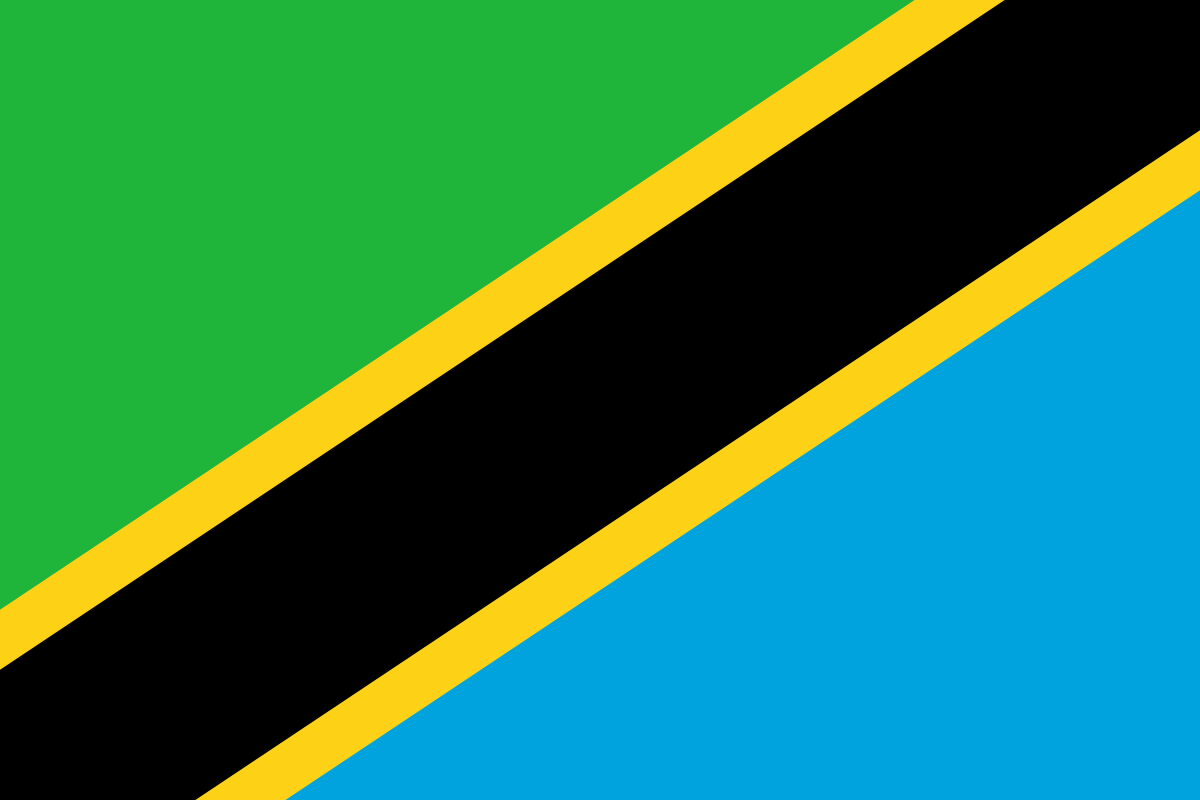The study evaluated the HIV Self-Testing (HIVST) programme in Kenya and Tanzania by assessing its implementation status, exploring stakeholder perceptions and barriers, identifying opportunities for improvement, and determining its impact on key health outcomes, particularly in Tanzania. Quantitative findings showed modest reach in Tanzania—only 6.67% of individuals enrolled in HIV care accessed HIVST between 2020 and 2022—and while HIVST was associated with improved viral load suppression, it had limited impact on ART initiation and retention. Qualitative data in Tanzania and Kenya indicated that the programme was well understood by healthcare providers but less known among key populations such as male adults and adolescents. Barriers to uptake included stigma, limited awareness, mistrust of results, and lack of availability in private healthcare outlets.
To address these gaps, policy recommendations include enhancing community engagement and awareness campaigns, particularly targeting underserved populations; improving supply chain systems to ensure consistent availability of HIVST kits; expanding access through private sector and community-based distribution channels; and clarifying policy guidelines to promote integration into broader HIV prevention strategies. Strengthening collaborations with civil society organizations and leveraging digital platforms could also enhance reach and support more personalized approaches.
Research Team: NIERA members Werner Maokola (PhD), Samuel Muhula (PhD), and Christina Fille (PhD)





